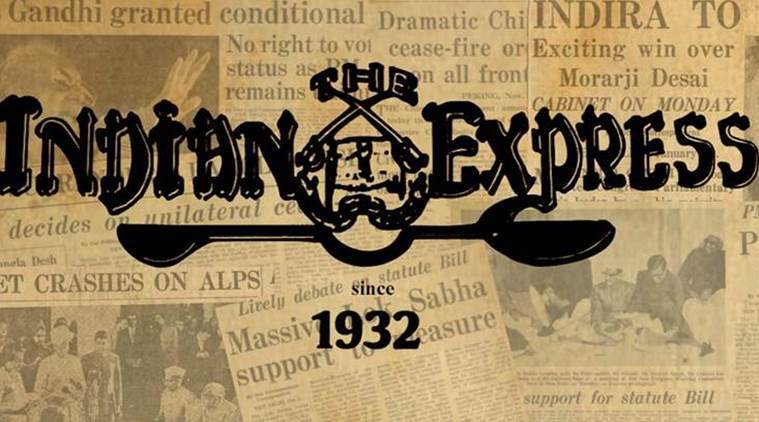 The Catholic Church has never shied away from holding a view on the country’s politics and expressing it.
The Catholic Church has never shied away from holding a view on the country’s politics and expressing it.
The agitation in certain quarters of the government at the Centre and among BJP leaders over a May 8 letter written by Delhi Archbishop Anil Couto is a case of overreaction. In a letter addressed to all parish priests and religious institutions in the Archdiocese of Delhi, Couto said “we are witnessing a turbulent political atmosphere which poses a threat to the democratic principles enshrined in our Constitution and the secular fabric of the nation” and called upon them to “pray for the nation”, “all the more so when we approach the General Election”.
The letter, as Cardinal Oswal Gracias, president of the Catholic Bishop’s Conference of India, clarified on Wednesday, is a pointer to the “growing anxiety” among minority communities “because the government is not acting enough” to protect them. At the same time, Cardinal Gracias reiterated that the Church is apolitical and the letter should not be taken as “the official voice of the Church in India”.
The fact is, the Catholic Church has never shied away from holding a view on the country’s politics and expressing it — just as the clergy of other Christian denominations as well as leaderships of other religious communities have on many occasions spelt out their political preferences. In states like Kerala, Nagaland, Mizoram, Meghalaya and Goa, which have a substantial Christian population, the Church plays a seminal role in moulding voter preferences. The Catholic Church, for instance, was in the forefront of the “Liberation Struggle” that led to the dismissal of the communist government in Kerala in 1959.
The Church sees itself as a moral guardian of the laity and it may be difficult for the clergy to remain silent if its followers express anxieties about their security and freedom. Airing these anxieties aloud is not a case of “galvanising support on the basis of religion”, as BJP chief Amit Shah reportedly said. On issues dear to the Church — for example, temperance — it often takes sides in elections, and political parties on the other side engage with and contest its positions. Competition among denominations and social and economic compulsions often prod the clergy — Christian, Muslim, Sikh, Jain etc — to engage with political parties, including the BJP.
This is a characteristic of the Indian political system, in which the secular and the religious overlap and which is capacious enough to accommodate all kinds of interest groups, secular as well as religious. In fact, these interventions, as long as they remain civil and respect the letter and spirit of the Constitution, deepen democracy.